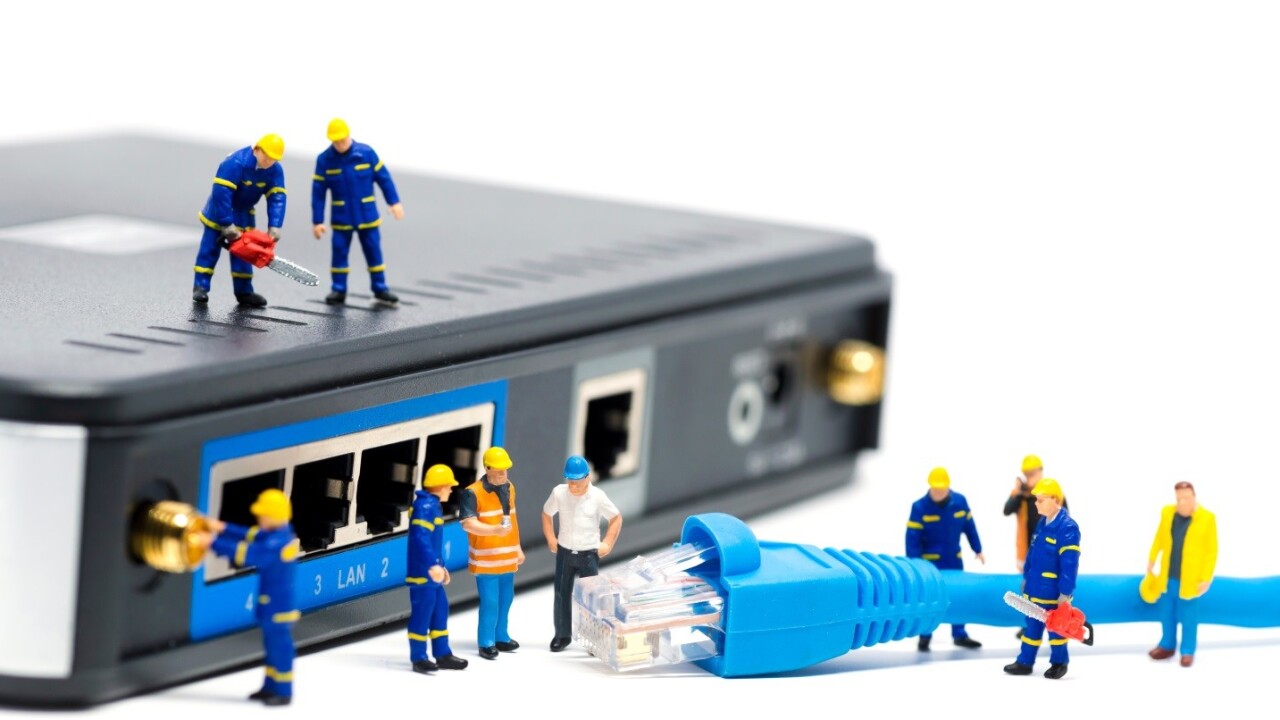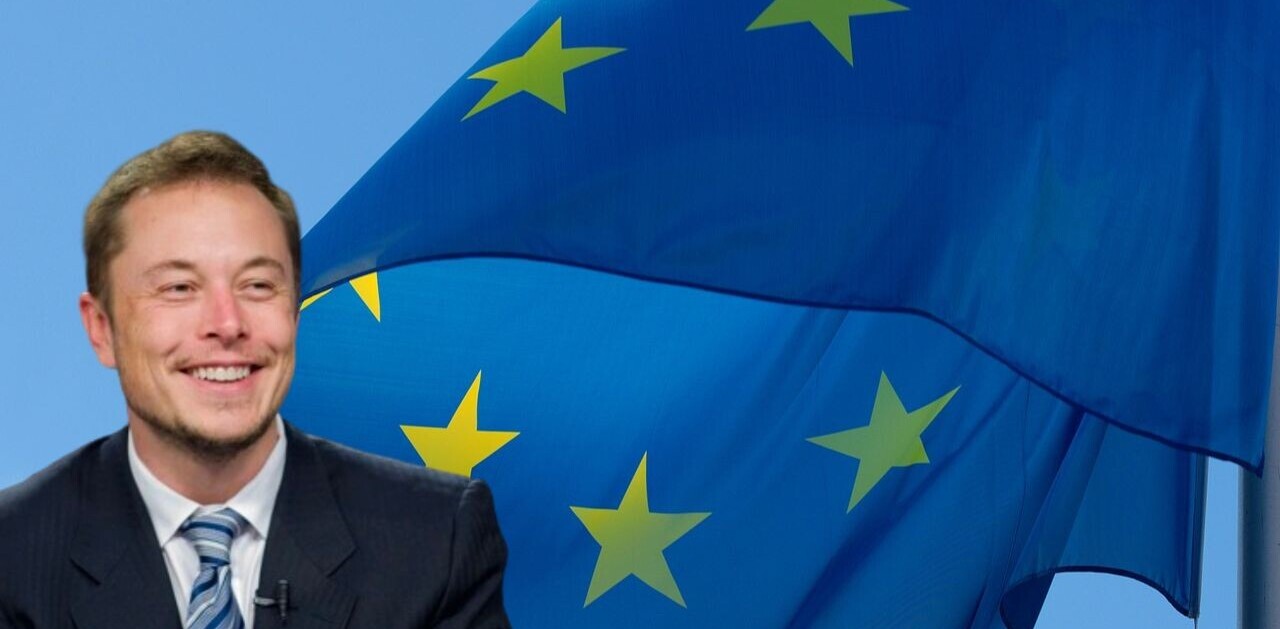
BT says that it will provide broadband speeds of between 300Mbps and 500Mbps for UK subscribers by 2020, along with raising the minimum speeds everyone in the country can access to between 5Mbps and 10Mbps.
BT Chief Executive Gavin Patterson says that at least 10 million premises will have access to the up to 500Mbps speeds by 2020 and that a 1Gbps service will also be on offer.
While that news is encouraging for anyone living in the areas likely to be able to get those speeds first – primarily densely populated urban areas – it’ll come as an irritating reminder for many UK residents that they still can’t even access speeds of 5Mbps.
Slow going
Rolling out broadband infrastructure is clearly a slow process, both in terms of engineering works and regulatory requirements. BT first started talking about broadband speeds of around 330Mbps in 2012 – with trials to start in 2013.
If, in 2020, 300Mbps (and faster) speeds rolls out to 10 million UK homes and businesses, it will have taken nearly eight years to arrive. Admittedly, the technology now being used to deliver it is slightly different, but headline speeds haven’t changed all that much.
The ‘ultrafast’ services that BT is promising to introduce will be delivered through a combination of its G.fast technology and Fiber-to-the-Premises (FTTP) connectivity.
As with previous roll-outs, BT isn’t committing to footing the cost alone. Patterson stressed “the need for a supportive regulatory and government policy environment to bring about a commercially viable investment.” The translation of that statement is something like: If the investment can’t viably be recouped and turn a profit, then there’s no guarantee’s of rolling out superfast broadband in those areas without government incentives.
As one of the key owners of broadband infrastructure in the UK (Virgin Media has its own network, but most other providers use wholesale BT services), the onus is on BT to continue to extend the reach of new technology across its network. For areas that don’t fulfill the viability testing, BT says it will continue to support grassroots schemes.
“[Patterson] made clear BT would ‘never say no’ to providing faster broadband to communities, promising the company would instead explore innovative funding and technical solutions.”
That’s cold comfort for people who will be stuck with broadband speeds of around 5Mbps in 2020.
➤ BT CEO delivers vision for Britain’s digital future [BT via Engadget]
Featured image credit: Shutterstock
Get the TNW newsletter
Get the most important tech news in your inbox each week.




